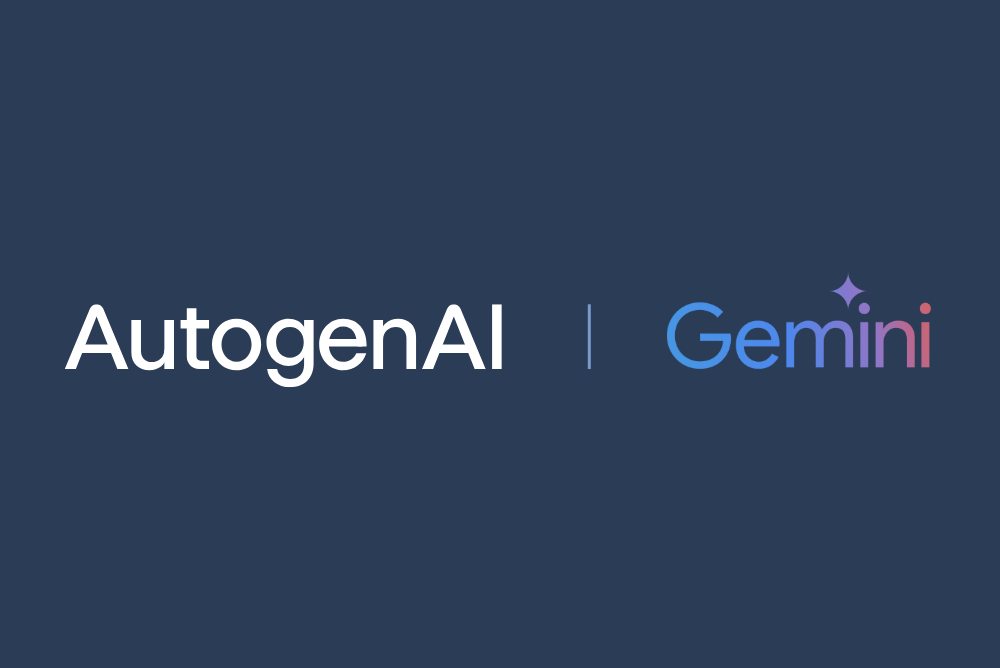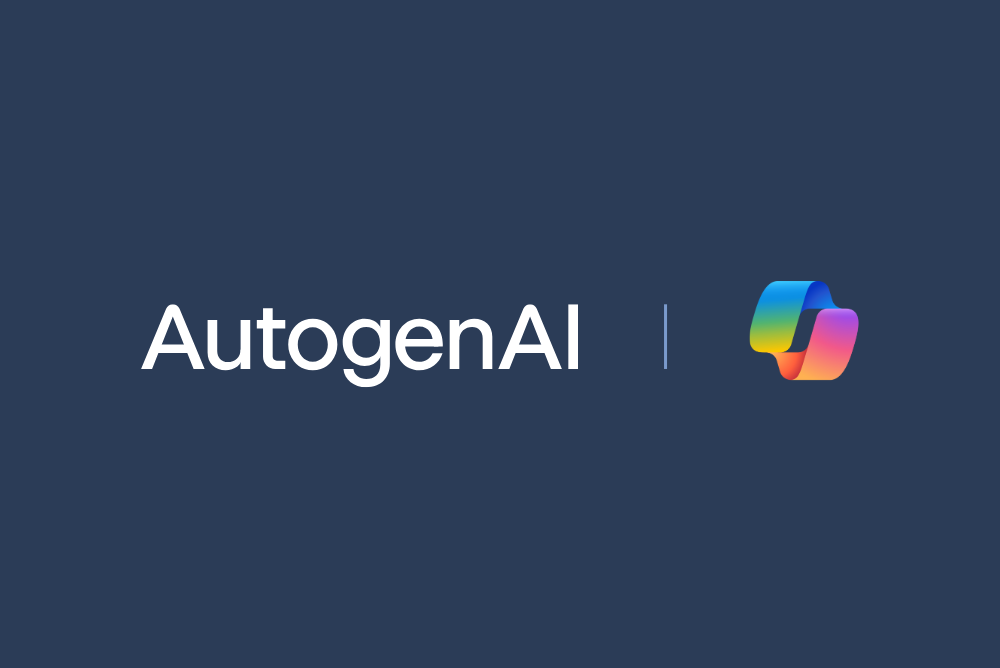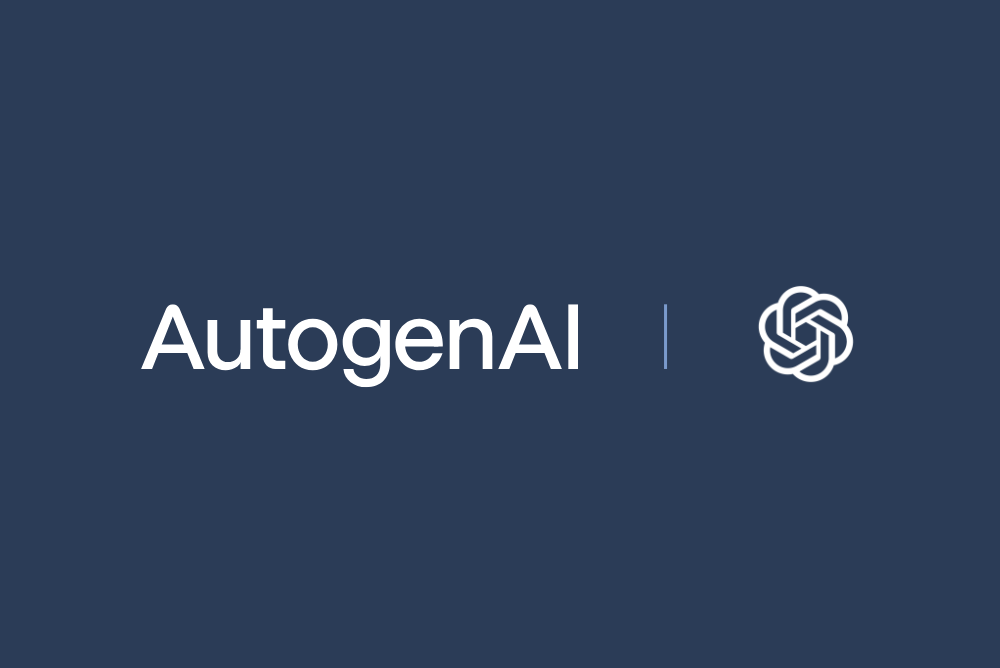Why AI is Now Critical for Winning RFPs

74% of leaders say RFPs are more complex. Here’s why AI is now non-negotiable.
RFPs are getting harder. More complex, more demanding, and more time sensitive.
In our latest research, 74.6% of decision-makers said the complexity of RFPs is increasing. Nearly as many, 72.8%, said they struggle to meet deadlines. Teams are now spending an average of 87.4 hours per proposal but still fail to win over half of them.
That’s a productivity issue, but it’s also a revenue problem.
The Cost of Standing Still
The proposal process is under pressure. RFPs demand tailored, compliant, well-written responses, and they need them fast. But many teams are still relying on outdated methods: digging through old proposals, copy-pasting from static libraries, or building every response from scratch.
Even when they pour time in, they miss the mark. Our data shows that businesses are dedicating nearly 11 full workdays to each response but still lose the majority. The problem is scale, and outdated tools can’t keep up.

What’s Making RFPs More Complex?
It’s not just procurement software. RFPs are evolving in multiple ways:
- Evaluation criteria are broader
- Regulatory requirements are tighter
- Buyer expectations are higher
Generic responses won’t cut it anymore. And the cost of losing is rising.
How AI Changes This
AI-powered proposal tools give teams a better starting point and a faster route to the finish line.
Instead of a blank page, proposal writers get high-quality first drafts tailored to the opportunity at hand. Instead of endless formatting and revisions, they get built-in compliance checks, automated structuring, and smarter suggestions that align with the specific requirements of the RFP.
In practice, organizations using AI-powered proposal tools are seeing:
- A 30% reduction in time spent per proposal
- A 22% boost in win rates
One AutogenAI client saw a 241% increase in win rates, while another added $25 million in revenue in just one year by improving efficiency by 85%.
Not All AI is Built for This
Tools like ChatGPT and Copilot can handle general writing. But RFPs aren’t general. They’re high-stakes, high-volume documents with zero margin for error, and that’s where generic AI tools fall short.
They weren’t built with proposal writers in mind. They don’t understand scoring criteria, compliance nuances, or sector-specific language. So, the result is templated responses, missed requirements, and too much manual clean-up.
AutogenAI was designed specifically for proposal teams, with over 50,000 hours of development and direct input from proposal experts who’ve helped secure billions in contracts.
Here’s what sets it apart:
- It builds responses that meet evaluation criteria, reflect your brand voice, and align with buyer expectations.
- It includes advanced semantic search, automatic updates, and tailored content repurposing, so you’re never starting from scratch.
- It fits into your existing processes, helping teams move faster without compromising quality.
That’s where AutogenAI sets itself apart. It writes smarter, aligned with what evaluators actually want.
And it delivers results. Organizations using AutogenAI grew their revenue by 12.4% from FY23 to FY24. In contrast, comparable organizations not using AutogenAI saw revenues drop by 7.1% over the same period.
This isn’t about experimenting with AI. It’s about using the right tool and winning more work because of it.
Purpose-built Tools Win More Work
There’s a reason the best teams are switching to proposal-specific AI.
They’re writing better, producing smarter responses, capturing more opportunities, and freeing their experts to focus on strategy, not formatting. As RFP volume grows, the gap between AI adopters and manual teams will only widen. The teams that move now are building a long-term competitive edge.
Final Word
The future of proposal writing isn’t manual.
The volume, speed, and complexity of RFPs are only going in one direction. And the results speak for themselves: higher win rates, faster responses, and more revenue.
The teams adopting AI are pulling ahead. Download the full research report here to learn more.


